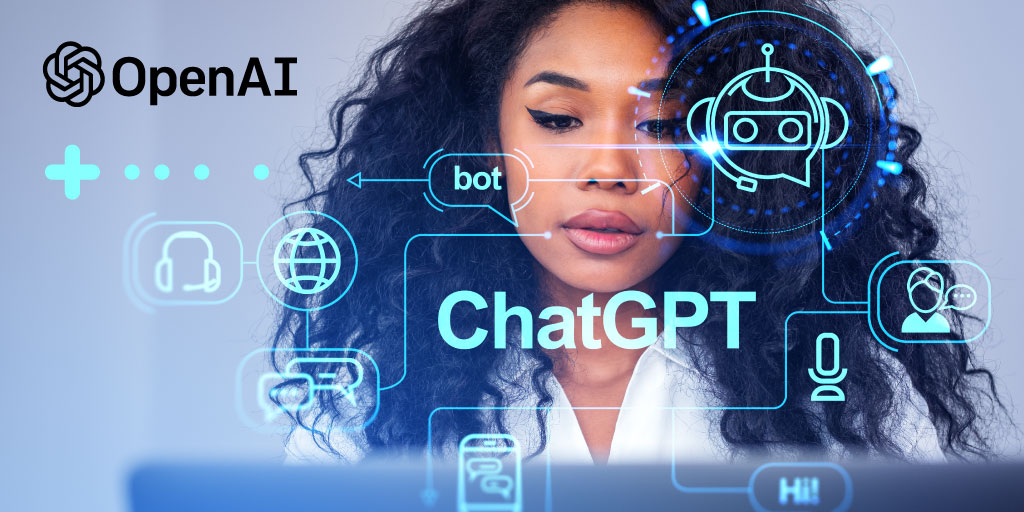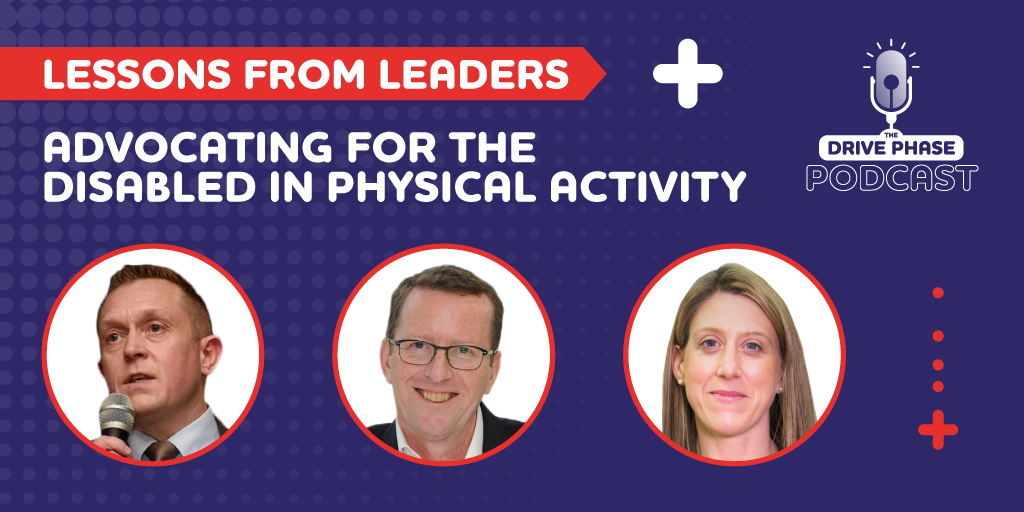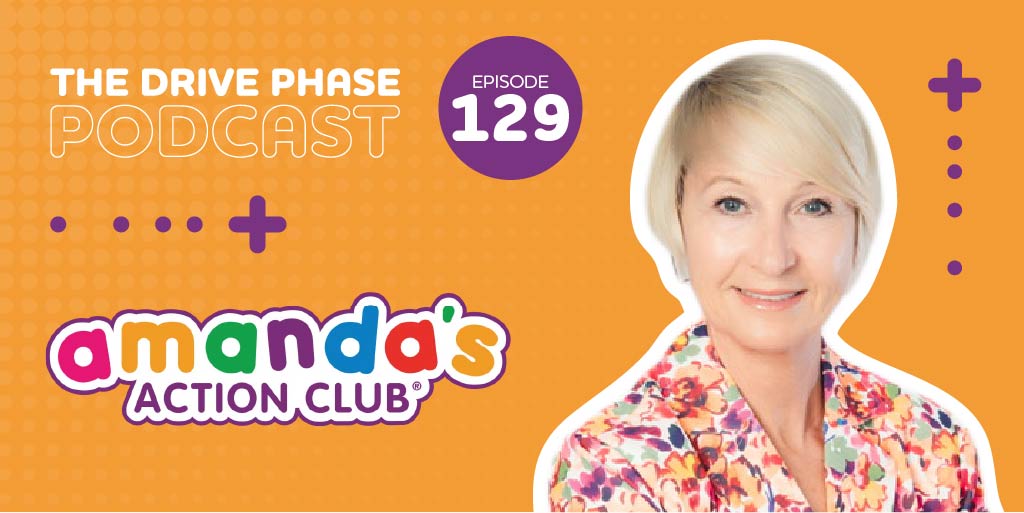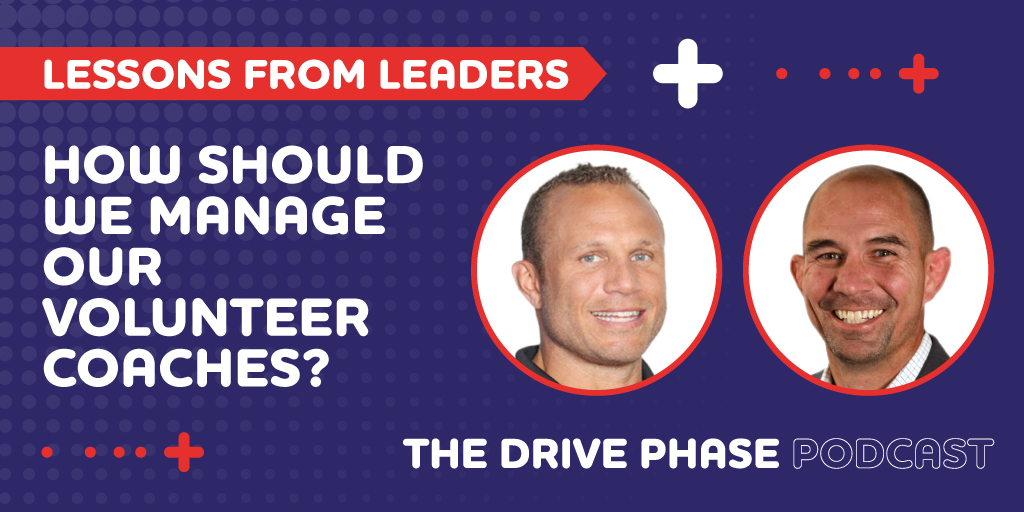What is ChatGPT?
ChatGPT is AI-driven natural language processing tool that is designed to have human-like conversations. Much more than a simple chatbot, it has been designed by research company OpenAI, to answer questions and assist users in composing emails, essays and even in coding.
Currently open to the public with a paid version that cuts through massive server congestion, the tool was launched on November 30th 2022. Whilst still in its research stage, it has been a massive success, with users engaging the chatbot in tasks from the philosophical to the mundane. Anyone can access it from here.
The Challenge: Why is it such a big deal?
In the last ten years, the importance of AI has been a controversial one with opinions ranging from its lack of complexity to the dangers of replacing human intelligence in the job market. ChatGPT is the fastest-growing app of all time, with more than a million users in its first five days of launching.
People have used the tool to answer simple questions, compose emails and essays, code and even answer philosophical questions. As Google replaced less advanced search engines such as AskJeves, it was Google that developed new algorithms that allowed them to index websites and parse the web for necessary information. Now it dominates more than 60% of worldwide searches.
Does ChatGPT have the capacity to revolutionise Chatbot conversations in a way that revolutionises technology?
Read on to find out…
1. The technical: How does it work?
ChatGPT was developed by OpenAI and runs a language model architecture called the Generative Pre-trained Transformer, shortened to the acronym GPT. The basis for the Generative model is using human AI trainers provided with model conversations. The user and the AI assistant played both roles to create a realistic model.
The model uses Reinforcement Learning (RL) based on Human Feedback (HF). This basically means real humans created the conversations, edited them and re-jigged them so the system could learn how those conversations should work.
2. Search engines: What’s the difference between ChatGPT and a search engine?
Google has evolved to use various algorithms and markers to categorise web sources. It also takes into consideration how people make enquiries. People don’t necessarily use full questions or include all information markers like full zip codes or postcodes. So Google evolved to fill in those gaps to help people find the information they need.
ChatGPT may work with user enquiries in a similar way to a search engine, the purpose however is different. ChatGPT is designed to hold a conversation with the user, not produce results that could answer a query. A search engine indexes the results from web pages to help the end user find the information that they’ve asked for.
ChatGPT doesn’t search the internet for an answer, rather it generates information based on the information it has learned from training data. It only has access to information up to 2021, so with no continual updates to training data there is room for error. If you Googled Oscars 2022 highlights, you’d find an up-to-date source in a way you wouldn’t with ChatGPT.
3. Limitations: Why does ChatGPT have limitations?
The question is not so much what limitations it has but why it has those limitations. ChatGPT is a natural language processing chatbot, not a search engine. It has been trained to answer questions and therefore has to learn to do this better. Most importantly, OpenAI is using this stage to gather data from its users to make the tool better.
Any questions must be worded in a specific way for it to register an answer. Critics have argued that whilst it has the capacity to deliver answers that sound plausible, they often make no practical sense. For example, developer StackOverflow has temporarily banned ChatGPT-generated responses. As if it doesn’t understand a question, it won’t ask for clarification. It will simply offer the nearest approximation of an answer to your question.
Therefore it can offer statements that have the semblance of understanding, but the app doesn’t truly understand the questions. The tool can’t deduce whether the statements it makes are in fact correct.
4. Worries: What are the most common worries about ChatGPT?
People are largely concerned that AI chatbots could replace human beings or atrophy human intelligence. A chatbot can write an essay or an article in seconds, to the point where many schools have made efforts to block the programme. Even OpenAI released an imperfect tool to recognise answers generated from ChatGPT.
There is however a concern that when people aren’t using the tool for mundane conversations, it can be used to spread misinformation. The app isn’t connected to the internet, so there is no way for it to fact-check its answers. Whilst it does state that the answers shouldn’t be taken as fact, it has been known to create “plausible-sounding but incorrect or nonsensical answers.”
5. Verdict: Is it a good or a bad idea?
It’s designed to make people’s lives easier. If there’s an email your having trouble with or you’re looking to find a bug in a piece of code you’re writing, it’s a great option. There are alternatives you can use too, including YouChat, Jasper, and Chatsonic, considering the reduced capacity of ChatGPT’s free version.
There have been some staggering results, with the chatbot completing an MBA exam. However, it can be said that chatbots can’t create a unique response to a question. That’s what often gets you an A as opposed to the B- grade it achieved. And there are some interesting updates, including a collaboration with Snapchat and a multi-million dollar to include its technology on Bing, Google’s closest (though not so close) competitor.
Conclusion
ChatGPT is an interesting update in AI, but it’s far from being a tool that can completely replace human interactions. What’s more likely to be the main concern in the future is how it is likely to impact technological monopolies for companies like Google and Microsoft.
It will likely lead to decreased outsourcing of customer service roles internationally. More advanced chatbots for financial institutions can produce a more intensive 24-hour service to its customer and reduce their overheads.








